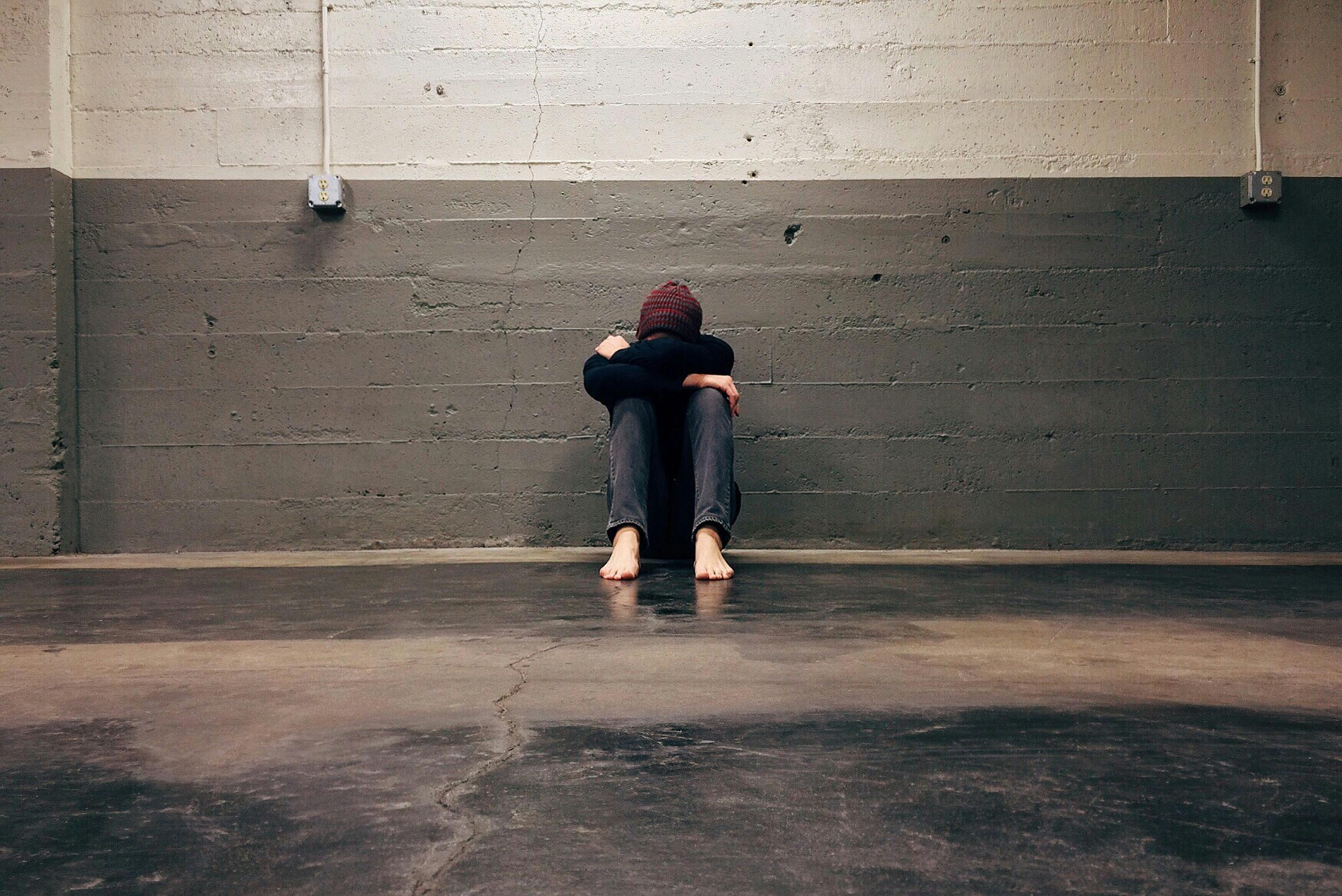The Interplay of Depression and Loneliness: A Closer Look
Throughout history, mental health has gradually evolved from an often overlooked aspect of health to a crucial element in our understanding of overall wellbeing. One of the most common and debilitating mental health disorders is depression, a condition that plagues millions of people worldwide. The World Health Organization (WHO) estimates that more than 264 million people globally are affected by depression. This article delves into the intricate relationship between depression and one of its most significant risk factors: loneliness.

Historical Context of Depression and Loneliness
Depression, as a documented mental health condition, dates back to the time of the ancient Greeks, who referred to it as ‘melancholia’. However, it was not until the 19th and 20th centuries that medical science began to understand it as a mental health disorder with biological and psychological roots.
Loneliness, on the other hand, has long been regarded as a normal part of the human condition, with philosophers and writers exploring its depths. However, the understanding of loneliness as a significant health risk has been a more recent development. It is now recognized as a leading contributor to a multitude of health issues, including depression.
Understanding the Connection Between Depression and Loneliness
There is a complex, bidirectional relationship between depression and loneliness. Depression can lead to feelings of isolation and withdrawal, while loneliness can trigger depressive symptoms.
Depression is characterized by persistent feelings of sadness, lack of interest in activities once enjoyed, and a reduced ability to carry out daily activities. These symptoms often cause the depressed individuals to withdraw from their social circles, leading to loneliness.
Conversely, feelings of loneliness can also contribute to the onset of depression. Chronic loneliness can trigger feelings of worthlessness and hopelessness, common symptoms of depression.
The Impact of Modern Society on Depression and Loneliness
Today’s fast-paced society, characterized by digital interactions and a decrease in face-to-face communication, has seen a significant rise in feelings of loneliness. The rise of social media, while connecting us globally, has paradoxically increased feelings of isolation in many individuals.
This increased loneliness is contributing to a rise in depression rates. A study published in the Journal of Abnormal Psychology found a significant increase in depression among young adults in the past decade, which coincides with the rise of digital media use.
Addressing Loneliness to Combat Depression
Addressing loneliness is a key step in tackling depression. This requires significant changes at both individual and societal levels.
On an individual level, seeking help is crucial. This can involve reaching out to friends and family, seeking professional help, or joining support groups. Cognitive behavioral therapy (CBT) has been shown to be particularly effective in dealing with depression and loneliness.
On a societal level, there needs to be a shift in our understanding and approach towards loneliness. Recognizing loneliness as a significant health risk is a start. Moreover, creating opportunities and spaces for real-life social interactions and community involvement can also help alleviate feelings of loneliness.
Looking Ahead: The Future of Depression and Loneliness
As our understanding of mental health continues to evolve, so too does the emphasis on addressing both depression and loneliness. There is a growing body of research dedicated to understanding the link between these two conditions and developing effective interventions.
With the ongoing digital revolution and the increased isolation due to the COVID-19 pandemic, it is more important than ever to focus on tackling loneliness to mitigate its impact on depression. This includes promoting mental health awareness, reducing stigma around seeking help, and creating more opportunities for genuine connection in an increasingly digital world.
In conclusion, the relationship between depression and loneliness is intricate, complex, and crucial to our understanding of mental health. Addressing these issues requires a comprehensive approach that encompasses individual action, societal change, and ongoing research. As we continue to delve into this interplay, we can hope to better manage these conditions and improve overall wellbeing.




